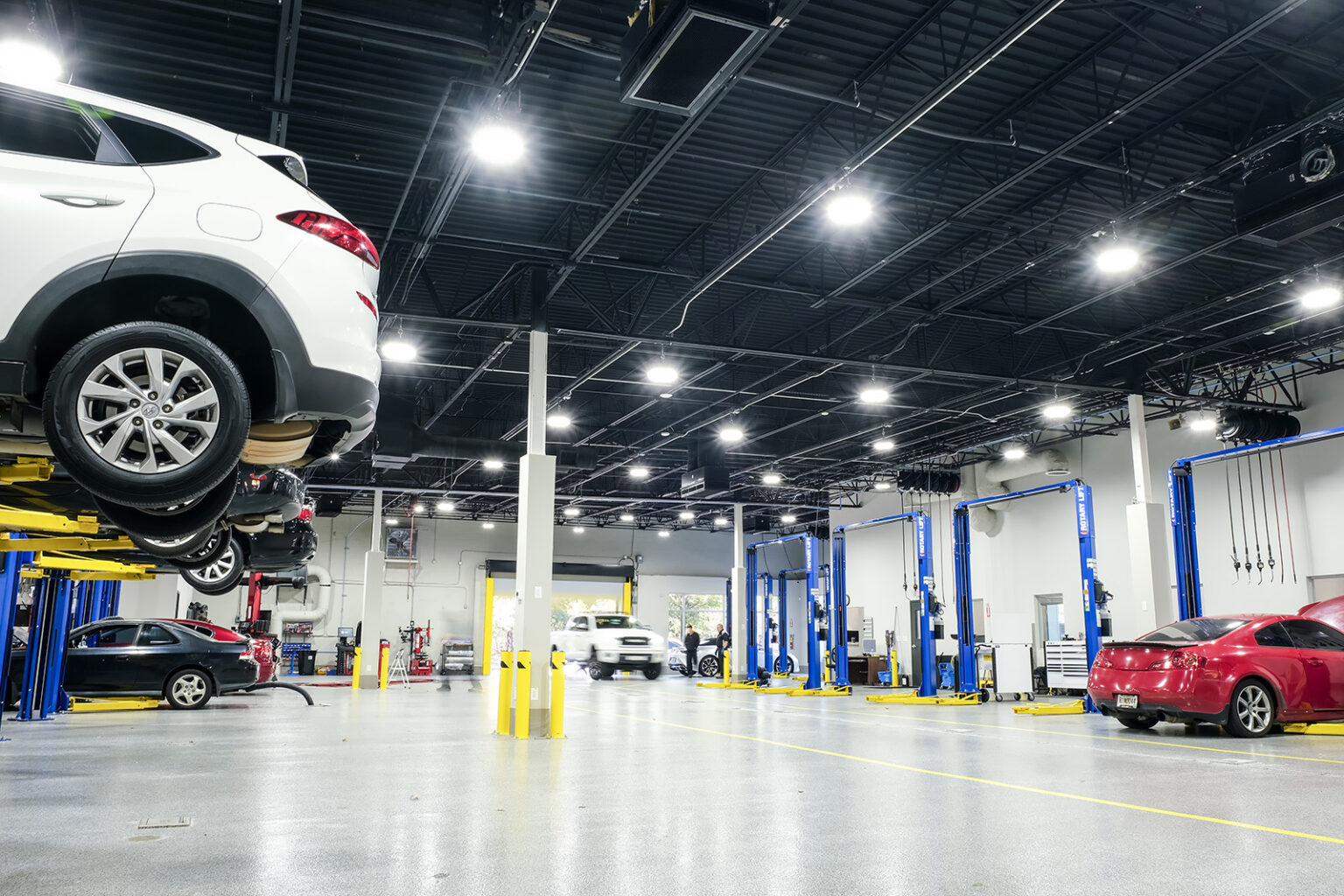Japanese cars have earned a global reputation for their reliability, longevity, and high-quality engineering. Whether it’s a Toyota, Honda, Nissan, or Subaru, these vehicles are built to last, often requiring fewer repairs compared to other brands. However, like any vehicle, Japanese cars eventually need maintenance and repairs. As such, understanding japanese auto repair is crucial for car owners to ensure their vehicles remain in optimal condition. This article explores the importance of Japanese auto repair, common challenges, and effective solutions for maintaining these cars.

One of the key reasons Japanese vehicles are known for their longevity is the meticulous engineering that goes into their design. Manufacturers focus on creating efficient engines, durable transmissions, and reliable suspension systems. As a result, these cars tend to require fewer repairs during their lifespan. However, regular maintenance is still essential to preserve the car’s performance and prevent costly repairs in the future.
When it comes to Japanese auto repair, it’s essential to understand the specific needs of these vehicles. Japanese car manufacturers often use unique components and systems that may require specialized knowledge and tools. For instance, Honda and Toyota use advanced fuel injection systems that may not be the same as those in European or American cars. The electrical systems in Japanese vehicles, especially in hybrid models like the Toyota Prius, are also quite advanced and require expertise in diagnosing and repairing faults. This means that not all auto repair shops are equipped to handle Japanese vehicles properly, which can lead to suboptimal repairs if the technician is not familiar with the specific requirements of these cars.
Another challenge in Japanese auto repair is the availability of parts. While Japanese automakers produce parts in large volumes, some specialized components may not be readily available, particularly for older or more unique models. This can cause delays in repairs and might even lead to higher costs as some parts may need to be imported from Japan. Fortunately, many auto repair shops that specialize in Japanese cars maintain a good supply of common replacement parts and can even order specific parts from reputable suppliers.
The type of repair also influences the complexity of the service. Simple repairs like oil changes or brake pad replacements are usually straightforward and don’t differ much from repairs on other cars. However, more complex issues such as transmission problems, electrical malfunctions, or engine performance issues often require a deep understanding of the vehicle’s unique design. Japanese cars are also equipped with advanced diagnostic systems that require specialized tools and software to read the error codes accurately. Without access to these tools, a mechanic may struggle to identify the issue, leading to unnecessary repairs or missed problems.
The best way to ensure that your Japanese car remains in good condition is to visit a repair shop that specializes in Japanese auto repair. These shops often employ technicians who have received training specifically for Japanese car models and are familiar with the nuances of these vehicles. By visiting such a shop, car owners can ensure that their cars receive the highest quality service, whether it’s for regular maintenance or more complex repairs.
In conclusion, Japanese auto repair requires a specialized approach due to the unique design and technology of these vehicles. While Japanese cars are known for their reliability, they still require regular maintenance and occasional repairs. By understanding the specific needs of Japanese cars and seeking out qualified repair professionals, car owners can ensure their vehicles continue to perform at their best for many years to come.
